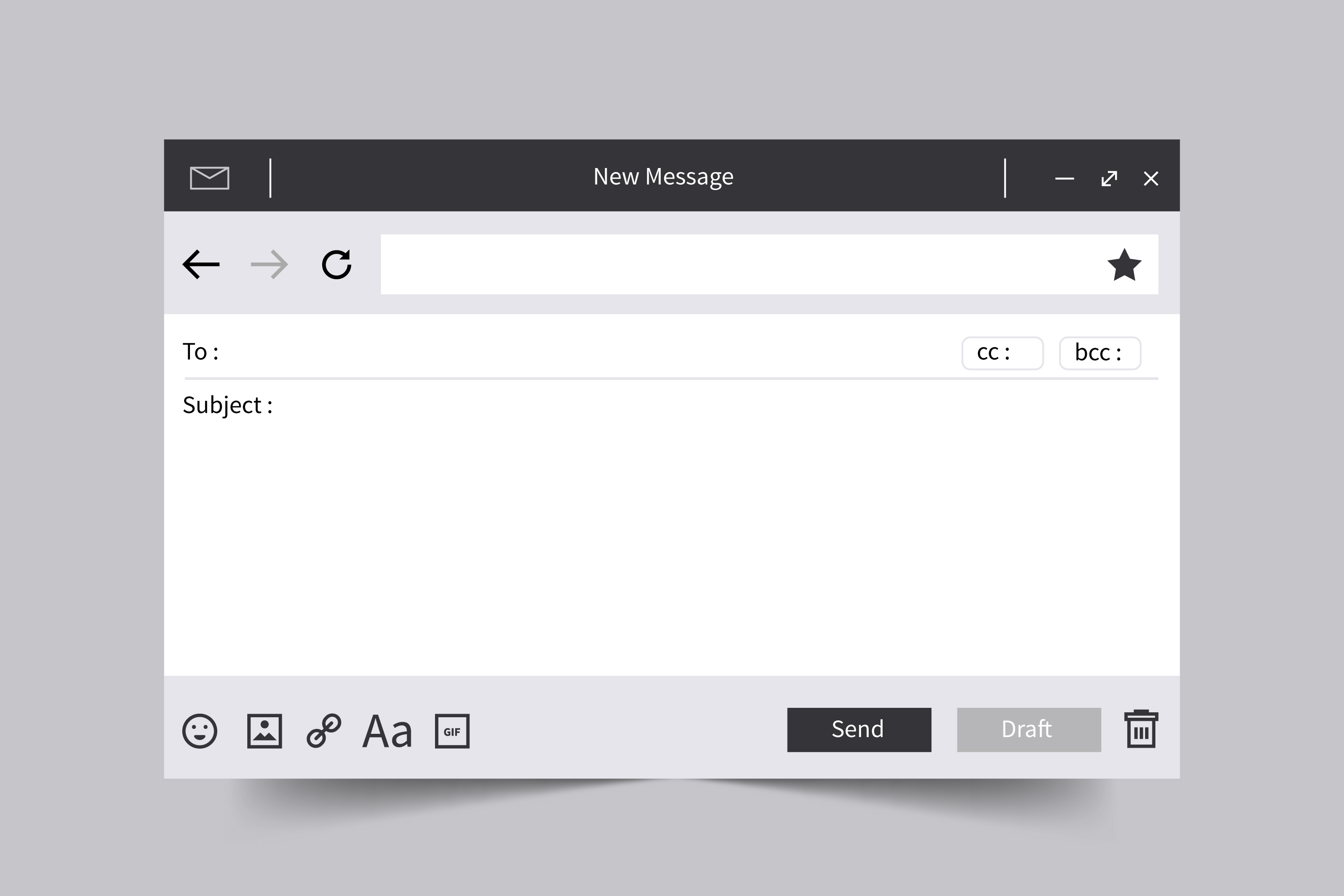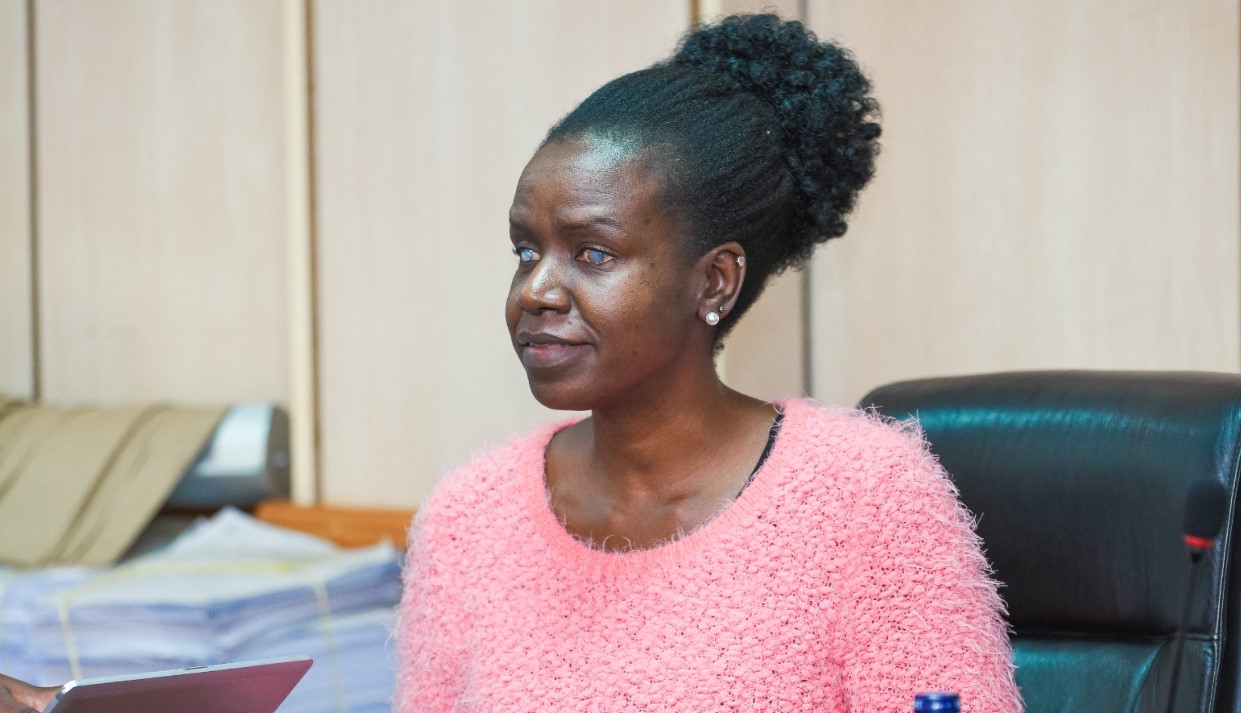Email vs Gmail: Why the difference matters in a digital world

However, confusion is common. For example, when facing login issues, a user might say, “My Gmail isn’t working,” even though they are using a Yahoo account.
In a world that is becoming increasingly digital, many Kenyans still use the terms "email" and "Gmail" interchangeably, often without realising there is a difference.
While the confusion may appear harmless, tech experts say understanding the distinction is crucial to digital literacy, particularly as more services migrate online.
More To Read
- Apple names new AI chief amid pressure to catch up
- Google tests dual-band hotspot for Android phones
- Google tightens free access to Gemini 3 Pro amid surging demand
- Stuck at 25MB? Here are five easy ways to send large files
- Android users can now share files via Apple’s AirDrop
- Google unveils Gemini 3, its most ambitious all-in-one digital assistant yet
So, what exactly is the difference?
At its core, email—short for electronic mail—is a system for sending messages electronically over the internet. It is the digital evolution of postal mail and has existed since the early 1970s.
Much like a postal service, email is not owned by a single company. It is a universal technology or protocol used by multiple platforms. In essence, email is a type of service.
Gmail, by contrast, is a specific email service provider operated by Google. When you create a Gmail account, you are signing up for Google’s email platform—your email address ends in “@gmail.com”.
This is your email address, hosted by Gmail—Google’s service.
“It’s the difference between having a phone and choosing Safaricom or Airtel,” explains Timothy Mwangi, a computer science student at Strathmore University.
“The phone itself is the tool, just like email. But Gmail is the specific network you choose to use.”
There are numerous other service providers, including Yahoo, Outlook, and ProtonMail.
However, confusion is common. For example, when facing login issues, a user might say, “My Gmail isn’t working,” even though they are using a Yahoo account.
This confusion isn’t just technical—it can make people more vulnerable to cyber scams. Hackers often exploit users who lack a full understanding of the platforms they’re using.
“Digital literacy is about more than knowing how to send a message,” Mwangi says. “It’s about knowing what tools you’re using, which platforms you’re trusting, and how they function.”
Other Topics To Read
Top Stories Today











































